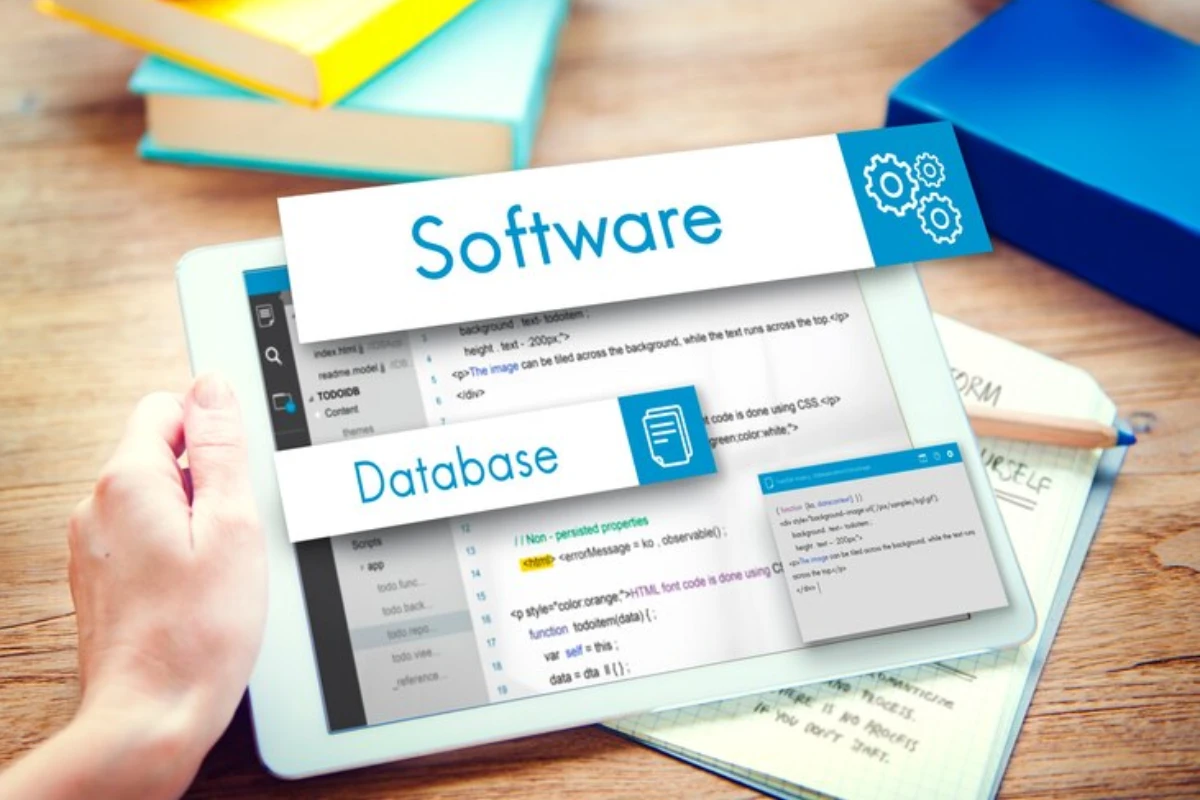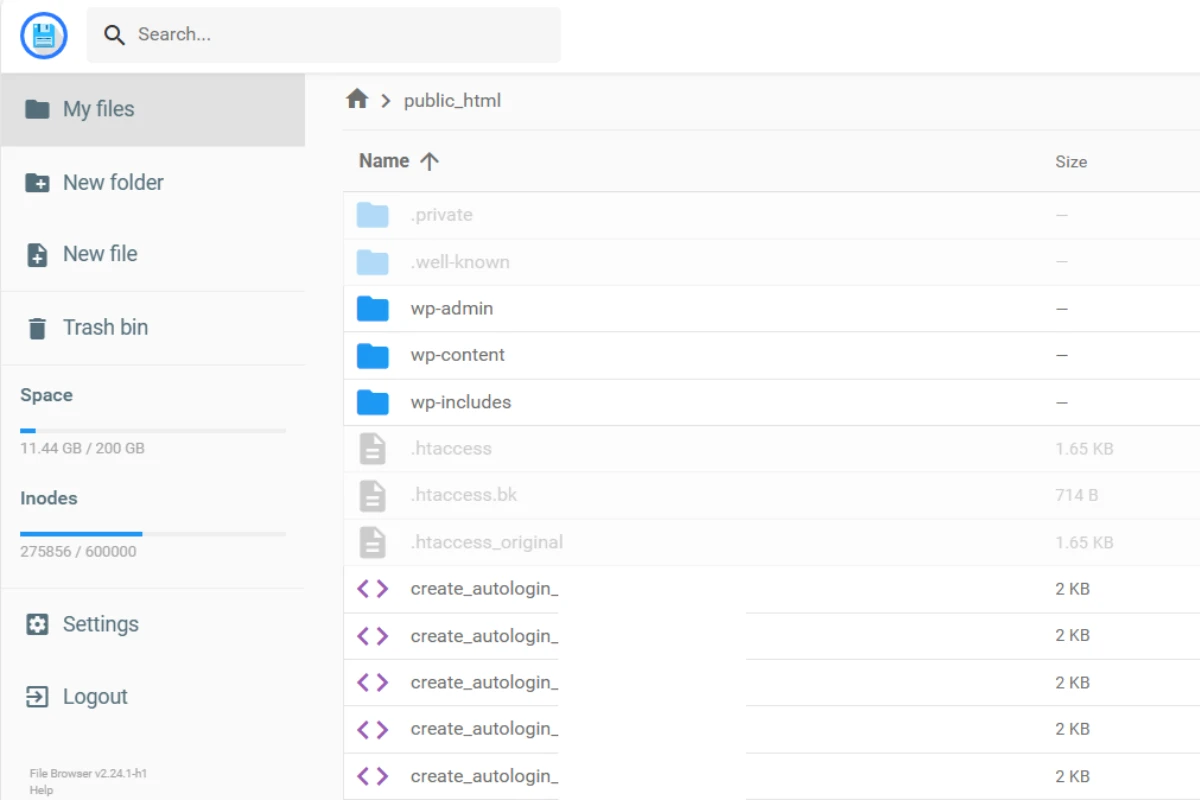In the vast world of website creation and content management, WordPress stands tall as one of the most recognized platforms. But what makes WordPress so unique and preferred by millions?
One fundamental reason is its open-source nature. But what exactly does that mean? Is WordPress truly open source, and if so, what are the implications for its users?
In this article, we’ll dive deep into these questions, shedding light on the open-source realm and WordPress’s pivotal role within it. In short, yes, WordPress is indeed open source, and that distinction comes with a host of advantages we’ll explore.
Understanding Open Source
2.1 What Does Open Source Mean?
The term “open source” refers to software for which the original source code is made freely available. This means anyone can view, modify, and distribute the software as they see fit. It’s a collaborative approach, where a community of developers can contribute to the software, enhancing its features, fixing bugs, and ensuring its evolution.

2.2 Benefits of Open Source Software
Open source software offers numerous advantages:
Flexibility: Users can tailor the software to their specific needs.
Cost-Efficiency: Open source software is typically available for free, eliminating licensing costs.
Community Support: A vast community of developers means constant improvements, quick fixes, and a wealth of shared knowledge.
Transparency: With access to the source code, users can understand exactly how the software works and ensure there’s no malicious code.
Innovation: A collaborative approach leads to faster development and innovation, as multiple minds tackle challenges and create solutions.
2.3 Common Misconceptions about Open Source
While open source brings many advantages, there are also misconceptions surrounding it:
“It’s Not Secure”: Some believe that because it’s open to everyone, it’s more vulnerable. In reality, the transparent nature means more eyes scrutinize the code, leading to early detection and rectification of vulnerabilities.
“It’s Not Professional”: Some think open source projects lack professionalism since they’re community-driven. However, many open source projects maintain strict standards and have dedicated teams ensuring quality.
“It’s Free, So It’s Inferior”: Just because software is free doesn’t mean it’s of lesser quality. Often, open source projects outperform their proprietary counterparts in terms of features, stability, and support.
These misconceptions often stem from a lack of understanding about how open-source communities operate. In reality, the collaborative nature often results in robust, reliable, and continually improving software.
WordPress and Its Open Source Nature
3.1 How WordPress Embodies Open Source Principles
WordPress isn’t just an example of open source; it’s a shining beacon of the principles in action. From its inception, WordPress has been freely available for anyone to use, modify, and distribute. This commitment to openness is one of the reasons it has flourished, growing from a simple blogging platform to the world’s most popular content management system. Every line of code, every update, every feature has been developed in the open, with contributions from developers all over the world. As a result, WordPress is a testament to what collaborative, transparent development can achieve.
3.2 The WordPress GPL License
At the heart of WordPress’s open-source nature is the General Public License (GPL). The GPL ensures that WordPress, including any derivative works, remains open and free. This means that anyone can take WordPress, modify it, and release their own version, as long as they also license their version under the GPL. In essence, the GPL safeguards the open source spirit of WordPress, ensuring it remains free and open for generations to come.
3.3 Community Contributions: Themes, Plugins, and Core Development
WordPress’s vast ecosystem is a testament to its open-source success. The thousands of themes and plugins available are mostly community contributions, with developers globally adding value to the platform. This rich tapestry of additions allows users to customize their websites to their specific needs, from e-commerce solutions to SEO optimizations, from beautiful designs to niche-specific functionalities. And it’s not just about plugins and themes.
The core WordPress software itself benefits from community contributions. Developers, both amateur and professional, contribute to its code, report bugs, test patches, and more. This collective effort ensures that WordPress remains robust, secure, and ahead of the curve.
Benefits of Using an Open Source CMS like WordPress
4.1 Customizability and Flexibility
One of the most significant advantages of using an open-source CMS like WordPress is the unparalleled customizability and flexibility it offers. Given that the source code is open to all, you have the liberty to tweak, modify, and tailor it to your specific needs. Whether you’re a blogger looking for a unique design, a business wanting bespoke functionalities, or a developer building complex web applications, WordPress can be molded to fit the bill. This kind of customization is often not available, or is heavily restricted, in closed-source platforms.

4.2 Active Community Support
Having a problem or a question about WordPress? Chances are, there’s already an answer or a solution out there. Thanks to its vast global community of developers, designers, users, and enthusiasts, there’s a wealth of knowledge available. From forums, blogs, and online courses to local WordPress meetups and WordCamps, the community is always there to assist, share, and guide. This active community support ensures that issues are quickly identified, solutions are shared, and new users can easily find help.
4.3 Constant Evolution and Updates
Open source projects, by their very nature, benefit from collective intelligence. With countless contributors from around the world, there’s a continuous stream of fresh ideas, innovations, and improvements. WordPress is no exception. It undergoes regular updates, not just for security patches but also for feature enhancements, performance improvements, and bug fixes. This means users get a platform that is always evolving, always improving, and always adapting to the latest web standards and trends.
Potential Concerns and How WordPress Addresses Them
5.1 Security Concerns in Open Source
A common concern about open-source software is the notion of security. Since the code is publicly available, there’s a belief that malicious actors can easily find and exploit vulnerabilities. While it’s true that the transparency of open-source projects might attract more scrutiny, this doesn’t inherently make them less secure.
5.2 How WordPress Maintains Security Standards
WordPress, aware of these concerns, has taken robust measures to ensure its platform’s security. For starters, it has a dedicated security team comprised of experts who work round the clock to identify and patch any vulnerabilities. Regular updates, which often include security enhancements, are pushed to users. Additionally, the vast community plays a crucial role – with so many eyes on the code, potential vulnerabilities can be spotted and addressed promptly. Users are also provided with a plethora of trusted security plugins to bolster their website’s defenses further.
Comparing WordPress to Other CMS Platforms
When comparing WordPress to other CMS platforms, its open-source nature stands out. While there are other open-source CMS platforms like Joomla and Drupal, WordPress’s ease of use, extensive plugin architecture, and active community make it a favorite for many. On the other hand, proprietary platforms might not offer the same level of flexibility and customizability. They might come with restrictions on modifications, fewer community contributions, and licensing fees.
Conclusion
WordPress stands tall as a testament to the power and potential of open-source software. Its transparency, adaptability, and community-driven development have made it a preferred choice for millions worldwide. As with all tools, it’s essential to understand its nature, benefits, and potential concerns. However, when utilized effectively and securely, WordPress offers a versatile platform suitable for diverse web projects, from simple blogs to complex e-commerce sites. Whether you’re a business owner, a blogger, or a developer, the open-source spirit of WordPress ensures you have the freedom to create, innovate, and grow in the digital realm.


